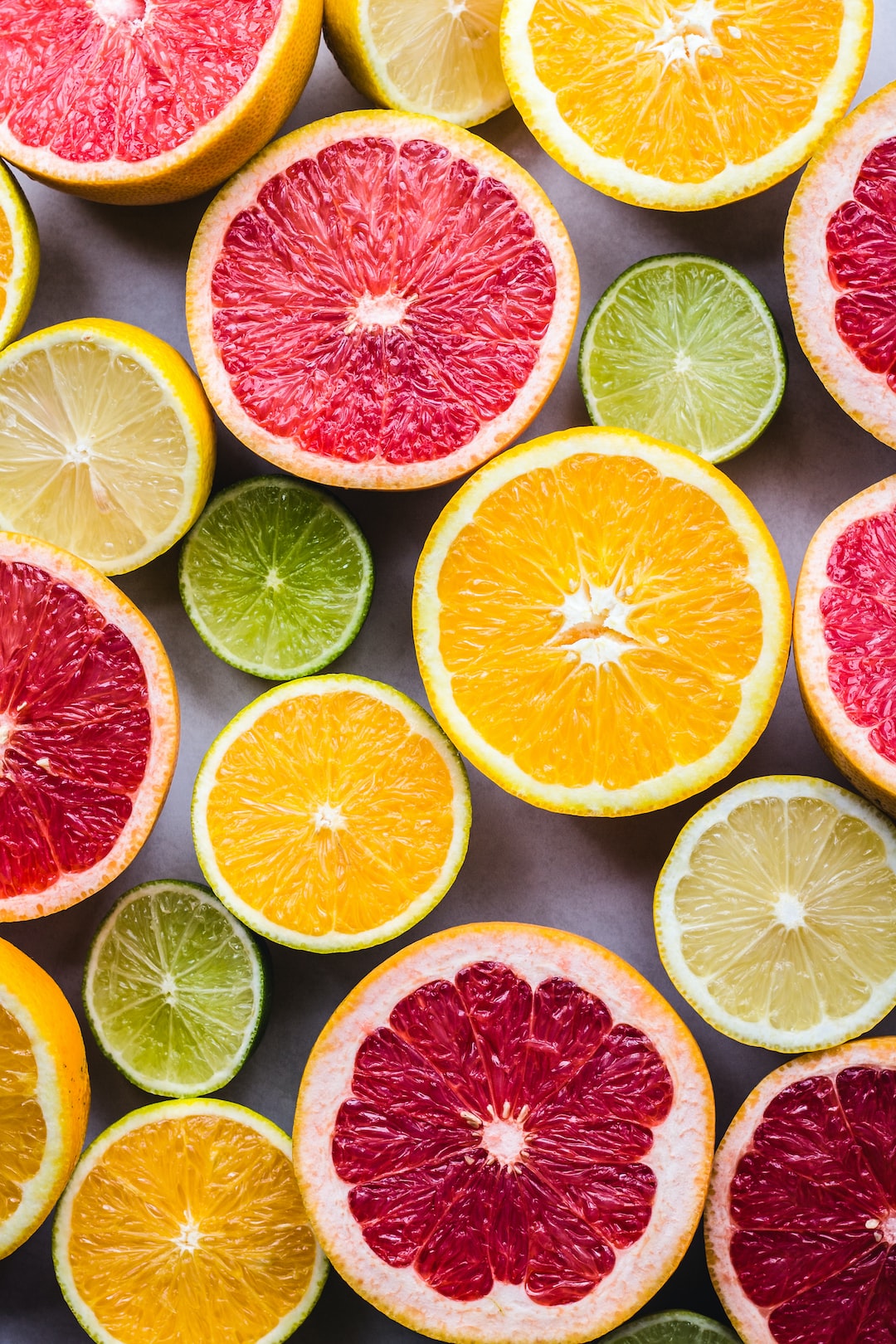Chocolate has been regarded as the ultimate indulgence for centuries, captivating our taste buds with its rich and creamy texture. Whether it’s a snack, a dessert, or a simple treat, there’s no denying the delightful pleasure that chocolate brings. But have you ever wondered about the fascinating history and the various forms of this delicious treat? Let’s take a journey through time and unravel the secrets behind the sweet indulgence of chocolate.
The story of chocolate begins in Mesoamerica, where the ancient Mayas and Aztecs cultivated cocoa beans as early as 1900 BC. The Mesoamericans believed that cocoa beans had divine powers and used them in religious rituals and offerings. The beans were even used as a form of currency, establishing their value in society.
When the Spanish conquistadors arrived in the New World, they were introduced to the delights of cocoa beans. The Aztec emperor, Montezuma, famously served the Spaniards a beverage made from cocoa called “xocoatl.” This hot and spiced drink was quite different from the chocolate we know today, as it was bitter and not sweetened. Nevertheless, the Spanish were intrigued by this exotic drink and brought cocoa beans back to Europe.
Chocolate quickly gained popularity among European aristocracy. However, it wasn’t until the 18th century that advancements in production techniques transformed chocolate into the smooth and sweet treat we know today. In 1828, Dutch chemist Coenraad Van Houten invented the cocoa press, which reduced the cocoa butter content in chocolate, resulting in a powdered form known as cocoa. This invention made it easier to mix cocoa with sugar, thus creating the first ever solid chocolate bar.
As the production of chocolate evolved, so did its varieties. The chocolate we enjoy today can be categorized into three main types: dark chocolate, milk chocolate, and white chocolate.
Dark chocolate is made from cocoa solids, cocoa butter, and sugar. It has a higher percentage of cocoa solids and a bitter taste compared to other types. However, it has numerous health benefits as it contains antioxidants and minerals.
Milk chocolate, the most popular type, contains milk powder or condensed milk in addition to cocoa solids, cocoa butter, and sugar. It has a creamy and smooth texture, making it a favorite among many chocolate lovers.
White chocolate, despite controversy surrounding its classification as true chocolate, is made from cocoa butter, sugar, and milk solids. It lacks cocoa solids, but its rich and sweet flavor still satisfies many sweet tooths.
Beyond these three main types, there are countless variations and flavors of chocolate available. From fruit-infused bars to nut-filled pralines, chocolatiers have been constantly experimenting and pushing the boundaries of taste.
One iconic variety of chocolate is truffles. These bite-sized, luscious orbs are made from a mixture of chocolate, cream, and butter, often coated with cocoa powder or nuts. Truffles are known for their luxurious and indulgent qualities, making them an excellent choice for special occasions or a little self-pampering.
Another intriguing variety is the cacao nibs. These crunchy and semi-bitter nuggets are derived from roasted cocoa beans. They are packed with antioxidants and can be sprinkled over desserts or added to smoothies for a healthy twist.
Chocolate has also found its way into savory dishes, showcasing its versatility. Mole sauce, a traditional Mexican delicacy, is a complex blend of chili peppers, spices, and chocolate. The chocolate adds a subtle richness and depth of flavor to the sauce, creating a truly unique taste sensation.
Whether enjoyed as a bar, a truffle, or in a savory dish, chocolate continues to captivate us with its irresistible qualities. From its ancient Mayan origins to its modern variations, the history of chocolate reflects our desire for indulgence and pleasure. So, next time you savor a piece of chocolate, take a moment to appreciate the centuries of history and the sheer complexity that culminates in this sweet delight.

